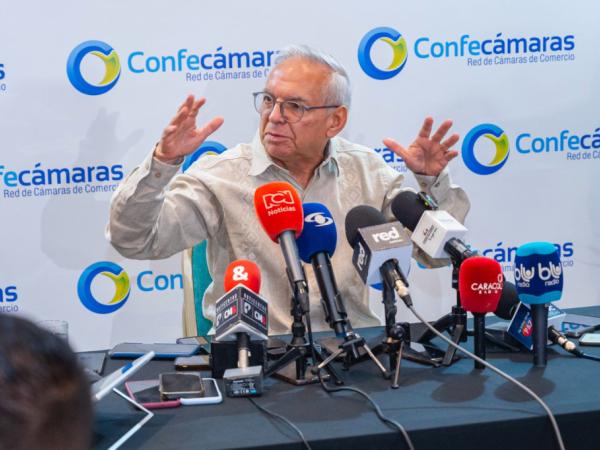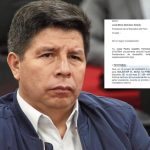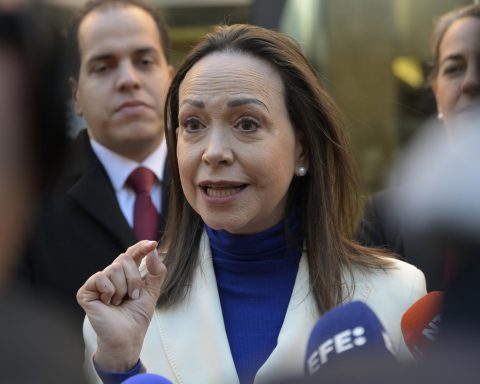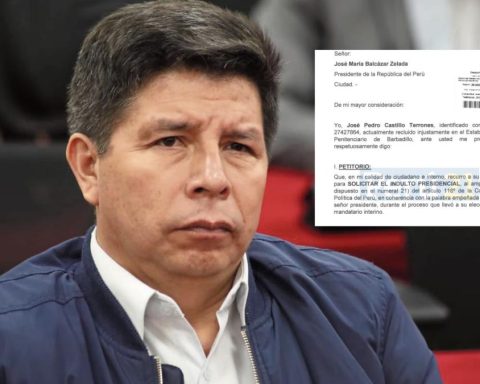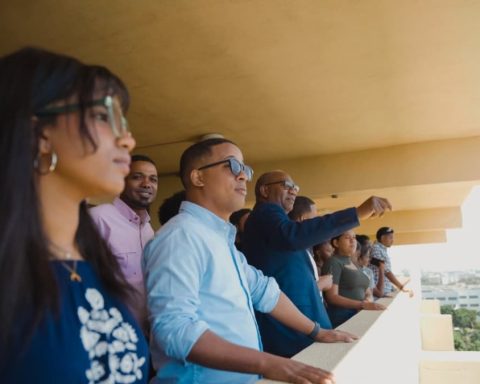During his speech at the Confecámaras Congress, the Minister of Finance, Ricardo Bonilla, referred to the situation of the company Air-e. For the head of the portfolio, This energy operator would be an Electricaribe II.
On Air-e’s intervention by the Superintendence of Services (Superservicios), The head of the portfolio specified that the problem of this company is much more complicated, since not only is the situation of the subsidies on the table, but also the issue of the investments that they did not make and that “They generate very high black losses that are affecting the rate”.
(See: Superservicios intervened in the energy company Air-e: what comes next?).
“There are three key issues: black losses, generation costs (which are purchased at stock market prices) and finally the tariff option, which was already being resolved with Findeter credits. Now we have to look at what we do with the credits that Findeter has already given to Air-e.“, Bonilla said.
Now, on the point of subsidies, which supposedly have not been transferred by the Government, Bonilla said that the subsidies are being delivered.
“Subsidies are always paid with a time lag and it depends on the different marketing companies how they manage the cash. There are no risks. The State ends up paying and fulfilling its obligations (…) The Air-e company was going to stop operating and what happened is that it asked the State to intervene.”, Bonilla.
(See: Who is the intervening agent who will be in charge of Air-e?).
Regarding what the Comptroller said about the high cost of this intervention, Bonilla stated that he is right, since The Electricaribe intervention cost $10 billion.
“We have an Electricaribe II and the real issue is that the Air-e company has reached this point. It was not a decision of the Government, they themselves asked to be intervened because they could not take it anymore.“, said Bonilla.
Now, facing Medellin’s proposal to sell Afinia’s shares to the National Government, He stated that “We need to review what is going to happen with Afinia because they are referring to the same problem with Aire, that they do not have the capacity to provide the service (…) Be careful, the companies do not have the capacity to provide the service and much less the capacity to guarantee the collection. Today, what they say is that they are providing the service, but they do not collect.”.
(See: ‘We don’t see any concrete measures’: Comptroller’s Office on energy crisis in the Caribbean).
Ricardo Bonilla, Minister of Finance.
Courtesy
The fiscal rule
Another of the points that the head of the Treasury portfolio addressed during his speech at Confecámaras was that of the fiscal rule and the changes it would have with the financing law. The Bank of the Republic has already referred to this issue.
“The Government is not breaking the fiscal rule. We are not failing to pay the financial debt. In 2021, the fiscal rule was broken and when it was broken, an agreement was made to give it a transition that ends in 2026. From 2027, the fiscal rule would continue as normal. What we are proposing to Congress is to advance that transition to 2025 and that from 2026 it will continue as normal. Nobody is taking away the fiscal rule. Now, the green fiscal rule is a discussion that the country must have, as it has been done in other countries. We must ask ourselves if it is possible to make investments, to look for credit resources, which are generally obtained cheaper and under favorable conditions to develop environmentally sustainable projects.“Bonilla said.
(See: After the amount of the 2025 Budget was denied, what will happen with the financing law?).
Finally, the Minister of Finance referred to the General Budget of the Nation, specifically on the negotiation of the amount. He said that the extension to reach an agreement would not be unconstitutional.
“It is absolutely normal and constitutional for a government to present a budget and then announce that it still has a portion of it to finance. This has already been done several times in the past. Now it cannot be illegal. The truth is that there are congressmen who do not want to discuss the financing law. Congress has not denied any amount of the budget.“, Bonilla said.
(See: Following a legal move, Congress gave itself more time to approve the amount of the Budget).
PORTFOLIO
